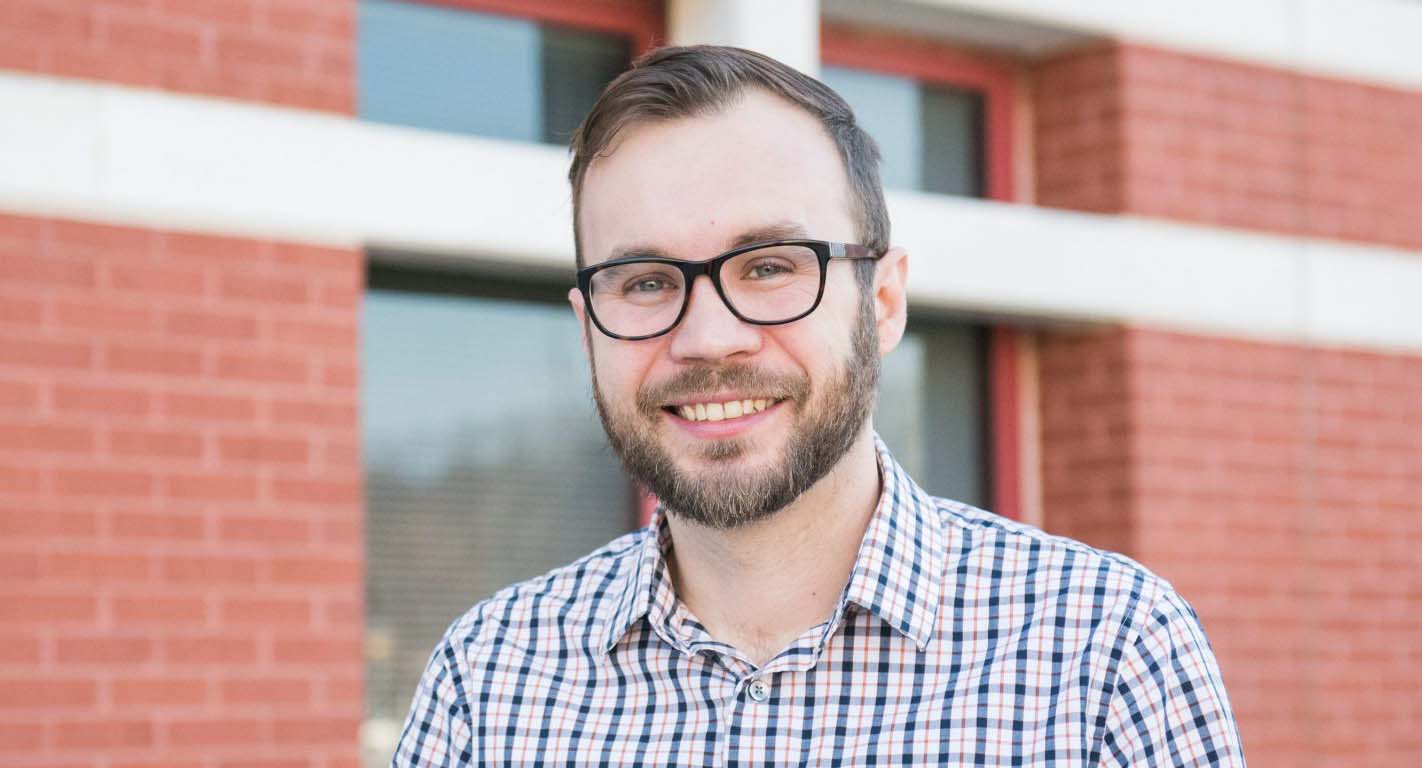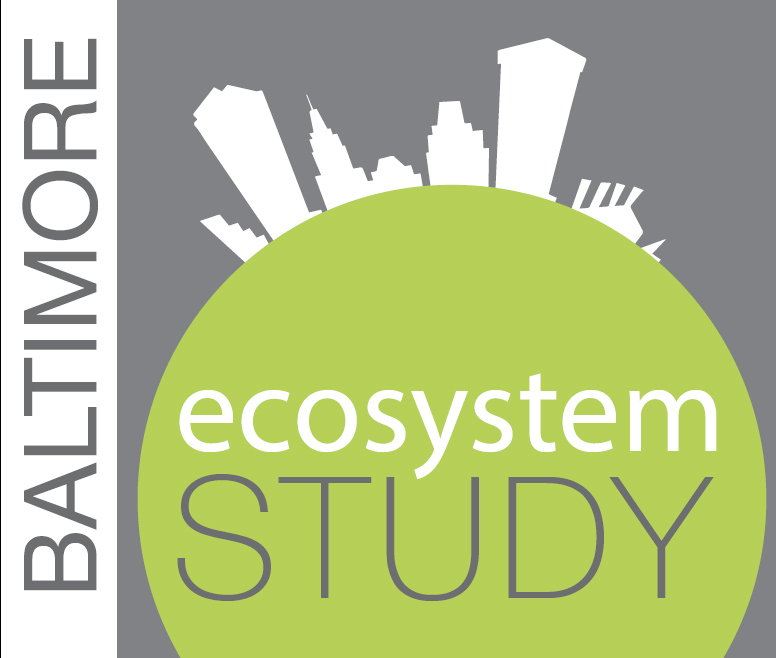UMBC faculty address water pollution: Blaney, Swan, Baker
UMBC faculty research works to reduce pollution
in waterways
Originally posted on: http://news.umbc.edu/umbc-faculty-research-works-to-reduce-pollution-in-waterways/

Each day, consumers use a broad range of personal care products, including antibacterial soaps, shampoos and conditioners, perfumes, cosmetics, and deodorants. In a recent article in The Conversation, Lee Blaney, assistant professor of chemical, biochemical and environmental engineering, describes how personal care products can negatively affect the environment and the health of animals and humans, and how his research is working to limit those harmful impacts.
Blaney explains that personal care products, as well as medications, make it into sewer systems after being flushed down toilets, sinks, or shower drains, eventually reaching wastewater treatment plants. Unfortunately, “[t]hese plants are not designed to treat the thousands of specialty chemicals in pharmaceuticals and personal care products,” Blaney notes. “Many of the active and inactive ingredients present in these products pass through our wastewater treatment plants and ultimately end up in rivers, streams or oceans.”

How does this occur? “Typical wastewater treatment plants are designed to treat multiple pollutants, including organic carbon from human and food waste; nutrients like nitrogen and phosphorus; and pathogenic bacteria and viruses that cause disease,” he writes. “They are not equipped to handle the many ingredients of concern that are present in personal care products.”
To reduce the impact these products have, Blaney says that the improvement of wastewater treatment technologies is crucial, as the chemicals in personal care products may threaten the health of people and aquatic animals, even when found at low concentrations. One approach Blaney suggests is more carefully testing and regulating the ingredients in personal care products to minimize their toxicity, as well as developing safer options than products currently available.
UMBC researchers across a range of STEM and social science fields are also working to reduce pollution in waterways by improving mechanisms to prevent pollutants that are already in the ecosystem from spreading through a watershed. For example, Matt Baker, professor of geography and environmental systems (GES), conducts research to better understand how direct runoff from agriculture and urban areas affects waterways. His work has demonstrated that thickly vegetated zones along the banks of rivers and streams, called “riparian buffers,” can significantly reduce the amount of pollution that enters these waterways and ends up in the Bay.

Chris Swan, professor of GES, is leading work that would reduce urban stormwater runoff in Baltimore City, which often finds its way to Chesapeake Bay. His research seeks to green vacant lots with native plants, whose roots will absorb some city pollutants. The research asks complex ecological questions, too, about how urbanization and climate change may affect the concept of “native species,” and engages communities in maintaining revived green areas.

Blaney, Baker, and Swan are just a few of the many UMBC faculty focused on challenges related to the intricate relationships people have with their environments. True of other challenges as well, Blaney says a “multi-pronged approach” will help today’s scientists, policymakers, and innovators to “continue to improve our quality of life without harming the environment.”
Read “There’s a new generation of water pollutants in your medicine cabinet” in The Conversation.
Header image: The UMBC Library Pond. Photo by Marlayna Demond ’11 for UMBC.
Posted: May 24, 2017, 3:34 PM